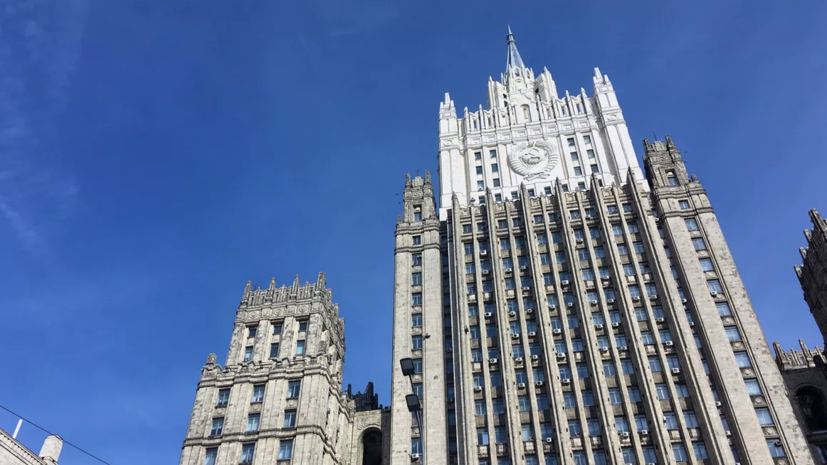Alexei Zaitsev, deputy director of the information and press department of the Russian Foreign Ministry, said that negotiations between Russia and Ukraine to find a peaceful settlement are not developing against the backdrop of continued arms supplies to Kyiv from Western countries.
The diplomat noted that "the two-faced policy of the NATO and EU countries" on this issue continues to cause indignation.
“Verbally advocating an early cessation of hostilities, they are doing everything to prevent this.
Arms deliveries to Ukraine are increasing, the scale of which is estimated at billions of dollars, ”Zaitsev said, adding that Washington alone sent military products worth $3.8 billion to Kyiv.
As Zaitsev recalled, the US Congress is considering a proposal to help Ukraine in the amount of $33 billion. In addition, the Foreign Ministry representative added that Great Britain, France, Canada, Poland and the Baltic countries are actively involved in the supply of weapons to Kyiv.
The Foreign Ministry stressed that such a policy leads to a prolongation of hostilities, new destruction of civilian infrastructure and civilian casualties.
“Against this background (supplies of weapons to Ukraine. -
RT
) it is understandable that Kiev and its Western mentors are not interested in finding a peaceful settlement.
Russian-Ukrainian negotiations are in a state of stagnation,” Zaitsev said.
Also on russian.rt.com “They give basically what they were going to write off”: how the West continues to pump weapons to Ukraine
He also mentioned that a number of statements by Ukrainian officials "speak eloquently" about Kyiv's unwillingness to continue dialogue with Moscow.
In particular, Zaitsev noted the statement of the President of Ukraine Volodymyr Zelensky on May 4, according to which he sees no prospects for negotiations.
The representative of the Russian Foreign Ministry also cited the words of the Chairman of the National Security and Defense Council of Ukraine Oleksiy Danilov, who rejected any possibility of a peace treaty with Russia.
“All this confirms the importance of implementing the tasks of a special military operation to demilitarize and denazify Ukraine, protect the inhabitants of the DPR and LPR from genocide and eliminate the threats to Russia emanating from Ukrainian territory,” Zaitsev concluded.
Recall that on February 27, NATO announced the strengthening of “political and practical support” for Ukraine.
At that time, it was reported that many countries participating in the alliance had already carried out or were approving the supply of weapons to Kyiv.
Later, the European Union announced that it would finance the purchase of weapons destined for Ukraine.
Then individual states repeatedly announced the supply of weapons to Kyiv.
The most voluminous aid was provided by the United States.
The head of the White House, Joe Biden, called on the US Congress to approve his request for additional $ 33 billion, most of which should go to military assistance to Ukraine.
In early May, German Chancellor Olaf Scholz said that Germany would continue to provide Ukraine with military assistance, "making decisions that will be correct and proportionate."
Along with this, British Prime Minister Boris Johnson said that the government of the United Kingdom is preparing a package of military assistance to Kyiv in the amount of £300 million.
Meanwhile, the head of the Russian Defense Ministry, Sergei Shoigu, said that NATO vehicles that arrived with a cargo of weapons in Ukraine would be considered by the Russian side as a target.
During a conference call on May 4, the minister noted that the United States and its NATO allies "continue to pump weapons into Ukraine."
“Any transport of the North Atlantic Alliance that arrived on the territory of the country with weapons or materiel for the needs of the Ukrainian armed forces is considered by us as a legitimate target for destruction,” Shoigu said.
Shortly before that, Russian Foreign Minister Sergei Lavrov also drew attention to the issue of arms supplies to Kyiv from Western countries.
The diplomat noted that the people of Ukraine do not need Stinger man-portable air defense systems and Javelin anti-tank missiles, but urgent humanitarian issues.

